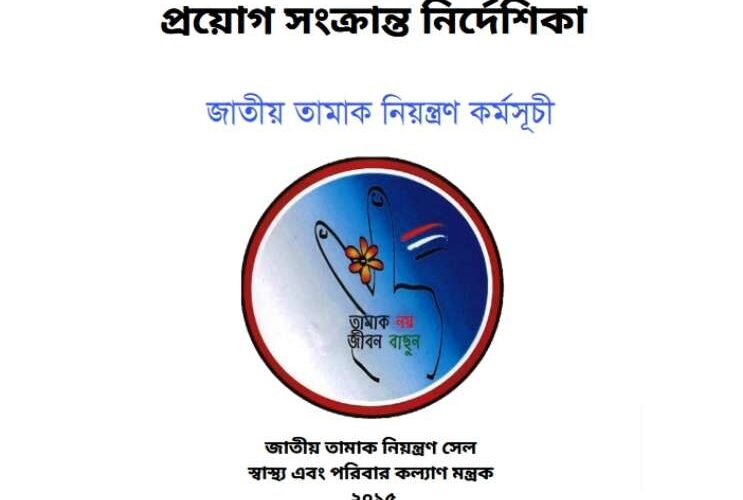Tobacco is the foremost preventable cause of death and disease in the world today. Tobacco use is one of the common risk factors for 4 major Non-communicable Diseases, i.e. Cancer, Cardio-vascular diseases, and accounts for more than two third of all new cases of NCD. Tobacco use alone accounts for one in six of all deaths resulting from NCD. There are evidences to prove that burden of NCD is increasing in low-income and middle-income countries like India and contributing to poverty, loss of productivity and increase in health costs.
The National Tobacco Control Cell (NTCC) is responsible for overall policy formulation, planning, monitoring and evaluation of the different activities envisaged under the programme. Every identified State/UT has a State Tobacco Control Cell (STCC) in the State Health Department. Every state should have a State Level Coordination Committee headed by Chief Secretary or his nominee and Principal Secretary/Secretary (Health) as the member secretary. The State Nodal officer will extend support to the member secretary in convening the meetings of the SLCC.
The major activities of STCC are: Training, Integrating Tobacco Control with other health programmes/activities, and Incorporating Tobacco Control in the state level IEC campaign.
Role and Responsibilities of STCC:
- Implementation, supervision and monitoring of the various activities of the
programme as per the quarterly report format.
- Recruitment of the staff at the state /district tobacco control cells, training of the staff and guidance to the District cells.
- Establishing tobacco cessation clinics in health care facilities and up-scaling tobacco cessation facilities through training of health care providers.
- Organizing state level training/sensitization programmes on tobacco control.
- Sharing and disseminating all the government orders and best practices to the districts.
- Enforcement of COTPA.
- Adapting IEC materials developed by NTCC and disseminating it to districts.
- Advocacy and networking with NGOs, Nehru Yuva Kendras Sangthan, National
Service Scheme, National Cadet Corps (NCC), Indian Medical Association, Indian
Dental Association, Rotary International, SHGs etc for creating awareness against
tobacco.
9.Coordination with Departments of Agriculture, Social Welfare, Rural Development, Labour and other stakeholders for developing sustainable alternative crops and livelihood for tobacco growers/ workers and bidi rollers.
- Coordination with the Finance/Taxation Department for progressive increase of taxes on tobacco, tobacco products and inputs thereon.
- Coordination with Department of Education for reaching out to the youth and young children.
- Ensuring regular reporting to NTCC and assisting districts in timely submission
of Utilization Certificate (UC) to ensure regular fund flow.
- Documentation of the best practices on tobacco control in the state and sharing thereof within the state and beyond.
Download your copy of application guidelines for National Tobacco Control Program In Bengali.




